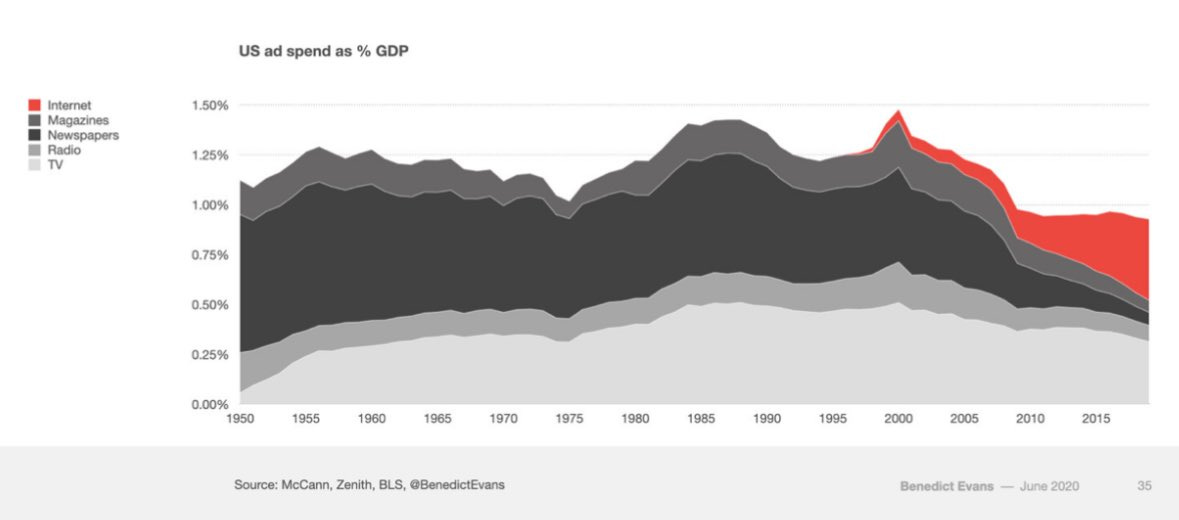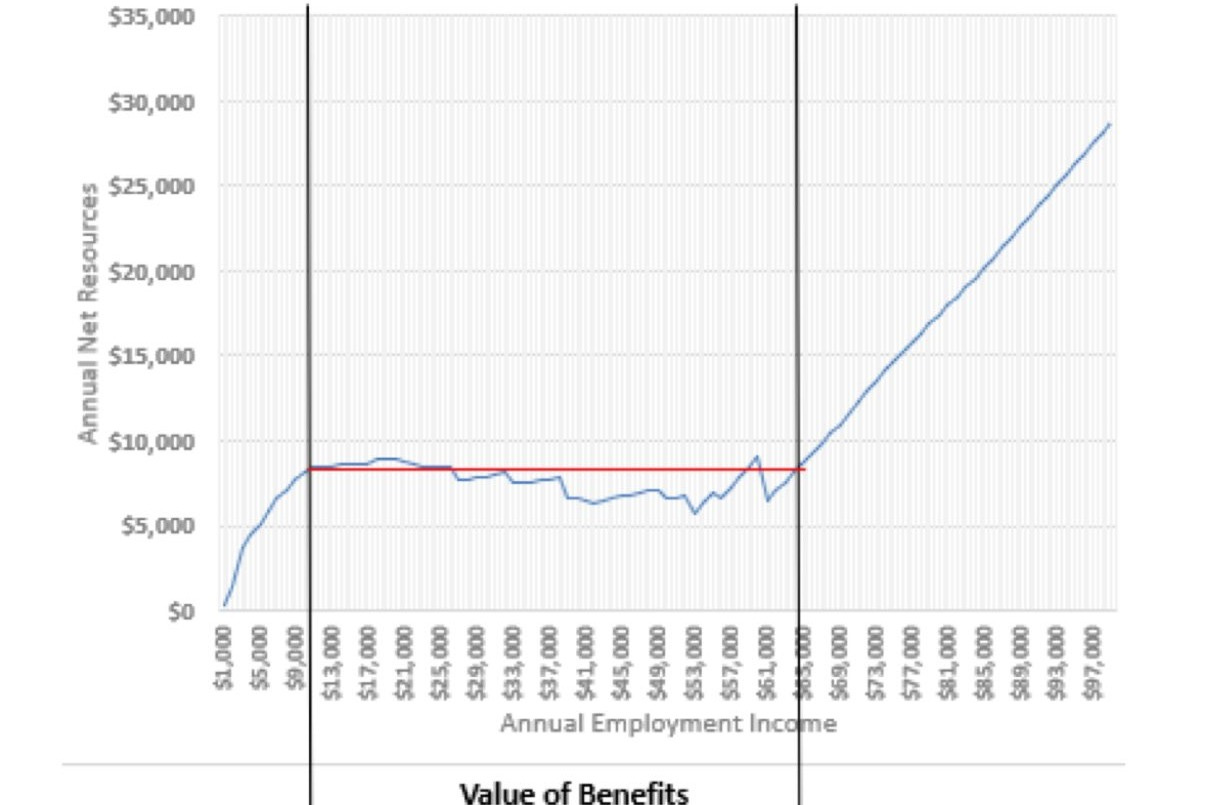The Internet is Good, Actually, And Other Assorted Links
Jason Crawford asks for a definitive defense of the internet.
This post won’t be definitive, but I frequently think about this request and I’ve collected a few interesting links relevant to it.
First, the internet’s effect on productivity is underrated. People repeat the Robert Solow quip about computers and their absence in the productivity statistics, but that quote is from 1987. You can see the productivity boost from IT pretty clearly in a comparison between the US and EU.
Jorgenson, Ho, and Stiroh (2005, 2008) and Oliner, Sichel, and Stiroh (2007) document that IT-related productivity gains—both spectacular productivity growth in IT-producing industries and more modest changes in IT-using industries—play an important role in explaining aggregate U.S. productivity growth over the past couple of decades. At the same time, van Ark, O’Mahony, and Timmer (2008) show that the EU’s comparably sluggish productivity growth over the same period can be explained in large part by the later emergence and smaller size of IT investment in European economies.
Bloom, Sadun, and Van Reenen decompose the US’s productivity advantage over Europe since the 1990s and find that it is largely explained by more widespread adoption and intensive use of IT.
The paper in two images:
This
is explained by this
This productivity gap has only continued to grow since.
The internet and social media are also blamed for a wide array of modern social ills, including manipulative advertising, misinformation, and polarization.
This recent paper by Peter Königs in Philosophy and Technology “In Defense of ‘Surveillance Capitalism’” is a good collection of evidence against these catastrophizing claims.
I was also interested to see this narrative-violating graph from Matt Yglesias: the share of GDP spent on advertising is lower than it’s ever been in the last 75+ years.
Assorted Links
That was then and this is now, technology regulation edition
A FRAMEWORK FOR GLOBAL ELECTRONIC COMMERCE
- Bill Clinton and Al Gore, 1997
The Tarbell Foundation is giving large grants for AI related journalism and writing.
Areas of London that were more heavily bombed have taller buildings today which has made the city richer on net. The Embarcadero in San Francisco may be similarly better off thanks to an earthquake destroying the freeway. Cities are anti-fragile and benefit from some destruction and turnover.
100% or higher implicit marginal tax rates for D.C residents making less than $65,000. And here’s Milton Friedman on the negative income tax.









The linked papers seem to be more about IT writ large — does that mean there aren’t any good papers examining the internet specifically?
Advertising as % of GDP. Is this because competition is creating a race to the bottom? Or are firms taking traditional advertising off their books?